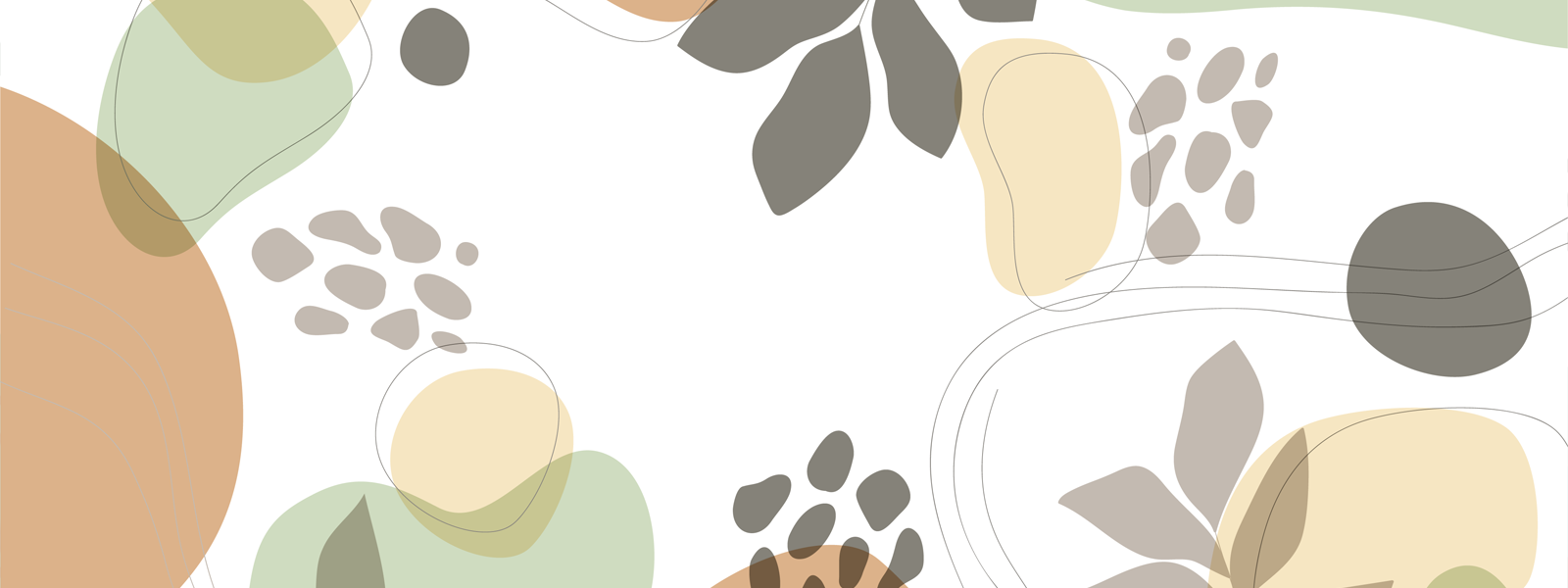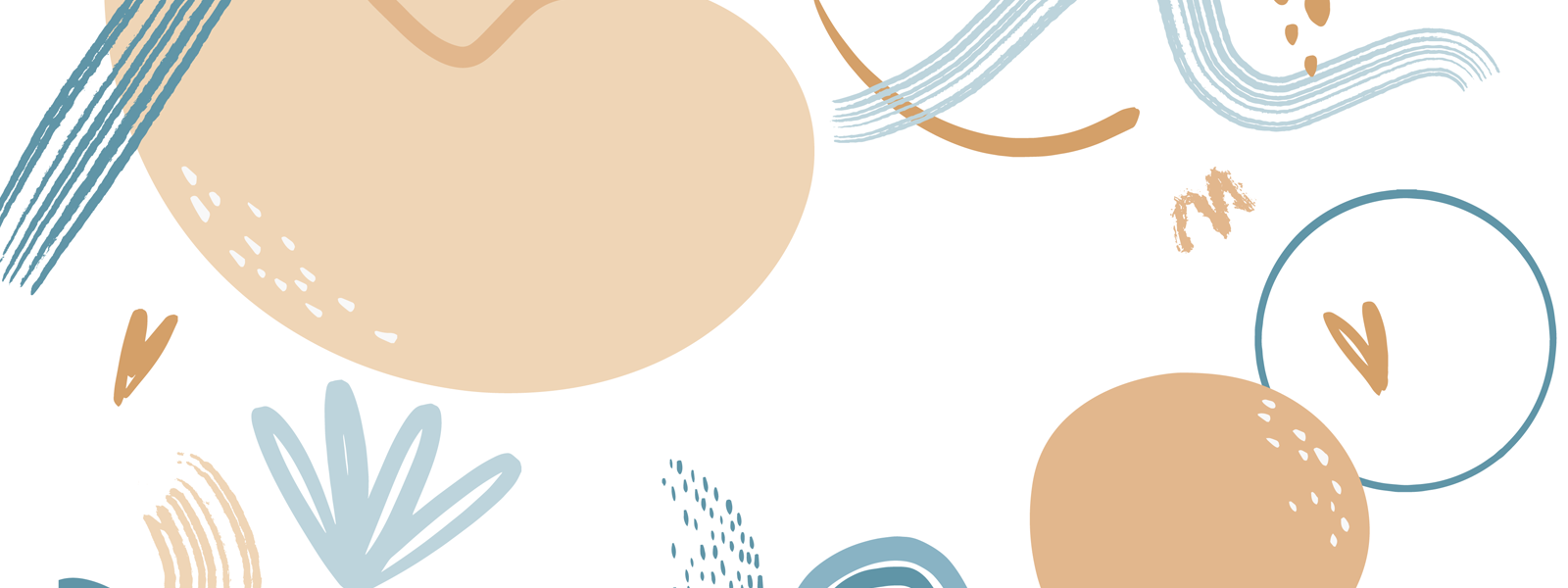NOMAD Bioscience Receives Its GRAS Regulatory Clearance In USA For Plant-Made Natural Thaumatin II As Sweetener
NOMAD Bioscience received a formal ‘no questions’ letter from the US Food and Drug Administration (FDA) in response to NOMAD’s GRAS notice GRN 910 describing use of plant-produced Thaumatin II as sweetener. Thaumatin II is natural noncaloric high intensity sweetener under development at NOMAD. GRAS is a facilitated US regulatory marketing allowance pathway for food additives and ingredients that are ‘Generally Recognized As Safe’ under conditions of intended use. The FDA’s response represents the seventh regulatory concurrence from the Agency in response to NOMAD’s GRAS submissions, with one latest petition still pending.
Thaumatins are natural non-caloric sweeteners/flavour modifiers. Thaumatins are intensely sweet-tasting protein mixtures (consisting mainly of Thaumatin I and Thaumatin II), about 2000-3000 times sweeter than sucrose on a weight basis. Thaumatin mixtures purified from its natural source plant Thaumatococcus received regulatory approvals as sweetener or taste modifier decades ago, and they are on the market in US, EU, Japan and many other countries as multiuse noncaloric sweeteners/taste modifiers. The much wider use of the products is however limited because of low and unreliable supply of natural plant species, low yield per hectare resulting in high price of bulk substance; and the fact that the microbial fermentation production of Thaumatins is not competitive. NOMAD has received its first regulatory GRAS clearance for Thaumatins made in other plant hosts as sweeteners in 2018 (GRAS 738). NOMAD’s current petition describes production and characterization of Thaumatin II. This natural Thaumatin version is over 10000 times sweeter than sucrose on a weight basis, it has superior taste attributes and, by using NOMAD manufacturing technology, it can be produced in other plants in unlimited amounts and at significantly lower cost of goods.
NOMAD and its former subsidiary Icon Genetics, have developed a unique process of manufacturing proteins in plants that is based on transient, rather than transgenic, expression of proteins such as Thaumatins. This transient fermentation process is currently being brought to an industrial level by NOMAD and its partners.
Thaumatin II is the NOMAD’s lead product candidate with new superior taste attributes; it aims to reduce sugar and eliminate artificial sweeteners in food products, and it can be produced in many plant crops thus assuring an unlimited substance supply and low commercially viable cost of goods.
“We are very pleased to receive a ‚no questions‘ response from FDA“, said Prof. Yuri Gleba, NOMAD’s CEO. “High consumption of sugars negatively affects health of one third of people globally. The regulatory clearance of our product candidate provides a commercial path to the products that have excellent taste, lower sugar content, and are not relying on artificial sweeteners. Its wide adoption would have a major environmental effect through reduction of sugar cane and sugar beet plantings (currently ca. 16 million hectares), because for production of our sweetener equivalent, we need approximately thousand times less land.”
About NOMAD Bioscience GmbH.
NOMAD Bioscience GmbH is a plant biotechnology company developing a broad range of biotechnology products manufactured in plants. Among the product candidates in development are non-antibiotic antimicrobials (bacterial bacteriocins and phage endolysins) for food safety and medicine markets, as well as natural high intensity non-caloric sweetener proteins Thaumatins as sugar replacements. Corporate offices are headquartered in Munich, Germany and the Company’s Research Division is located in Halle, Germany. NOMAD
Bioscience GmbH has two subsidiary companies: Nambawan Biotech GmbH (Halle, Germany) and UAB Nomads (Vilnius, Lithuania).
For additional information, contact
gleba@nomadbioscience.com





